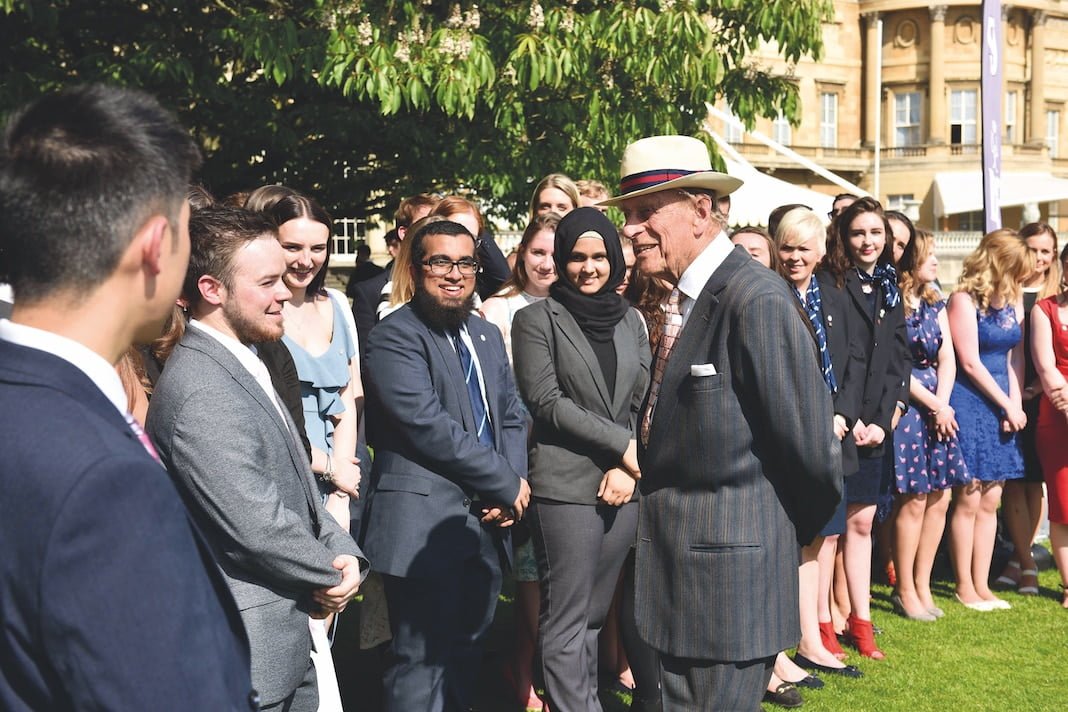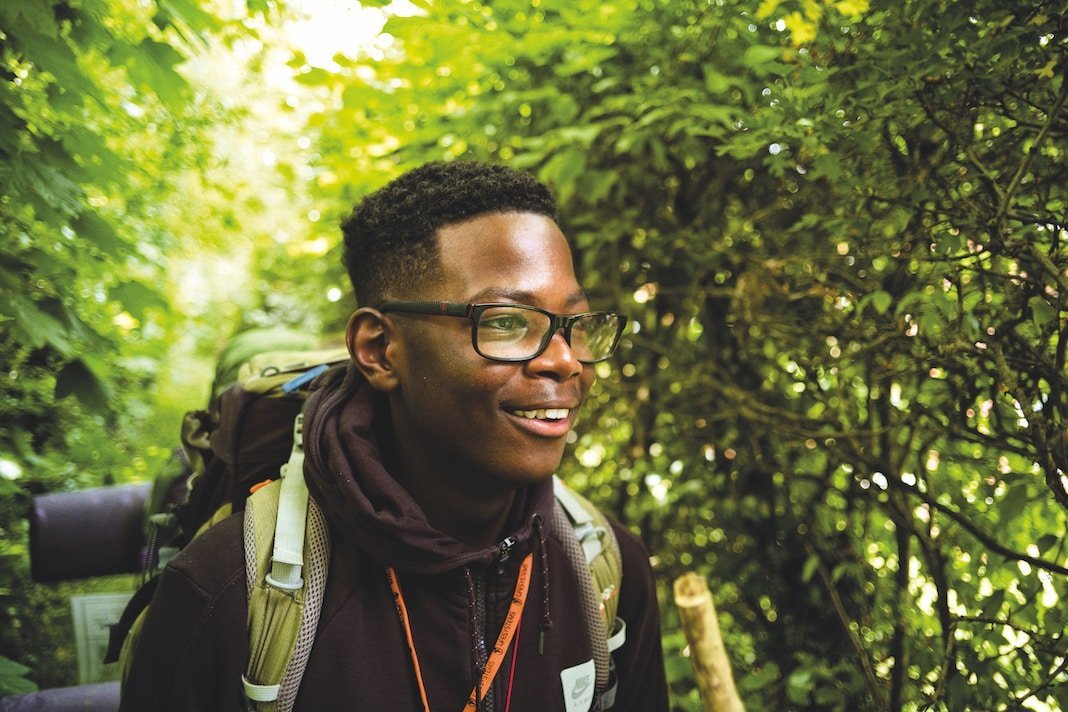Among the many touching tributes to HRH The Duke of Edinburgh was the outpouring of warmth and positivity about the DofE Award scheme, which began life in 1956. It continues to give opportunities that change lives, and with a global reach
Words: Libby Norman
The Duke of Edinburgh’s Award (or the DofE as it is almost universally known) is a life-changing journey for many young people. The outpouring of warmth from its fans – many of whom had been on the DofE Award journey themselves – made it clear what a huge legacy Prince Philip leaves behind in this regard. The statistics bear this out, with over 6.7 million participants and 3.1 million awards achieved in the UK since its inception.
DofE has global reach now, with programmes run in more than 130 countries and territories worldwide. Internationally, there were around 1,800 young people embarking on their DofE journey every day in 2017, and with something like 1.3 million worldwide participants in that year. In some places, it is known by different names, but the general framework has stood the test of time and works for young people in all settings and circumstances.

It started small, although the ambition was big. The Duke of Edinburgh’s Award began life in 1956, with the challenge to young people to: “attain standards of achievement and endeavour in a wide variety of active interests”. A less formal description of the DofE’s overarching aim, given somewhat later by HRH himself, puts it rather more succinctly and rather well: “It’s what I like to describe as a do-it-yourself growing up kit”.
The Duke of Edinburgh was influenced in the idea by Kurt Hahn, a German-Jewish emigre to the UK, pioneering educator and founder of Gordenstoun. (Kahn, incidentally, was also one of instigators of Outward Bound.) As a former pupil at Gordenstoun, and one who had thrived in an environment where students were encouraged to test and challenge themselves, Prince Philip could see the benefits of encouraging physical activity, service and leadership training.
Lord John Hunt – the Army colonel who had led the first successful ascent of Everest in 1953 – was the first Director tasked with designing and bringing the programme to life. The original design consisted of four sections: rescue & public service, expeditions, pursuits & projects and fitness. Initially, it was known as the ‘DofE for boys’, but within a year it was announced that girls would be invited to participate. Three years on, the scheme became a charitable trust and the International DofE Award was established in 1988.

Over the years, DofE has become a mainstay within independent schools across the land, with universal appreciation of both its testing nature and its ability to bring out the best in all young people and build their confidence for life. And here, the focus is on ‘all’ because the elements that make up the scheme play to different strengths. The athletically minded may love the expeditions and physical challenges, but equal value is placed on volunteering and building skills. It is also incredibly adaptable to suit the individual.
Today DofE Awards schemes in state schools and academies outnumber those in the independent sector. Schemes are run by employers and endorsed by many more – including Google, Burberry and ITV – as a marker of a young person’s transferable ‘soft skills’. Schemes have been tailored to suit young people with disabilities – in 2014 ao.com employee Melissa Dempsey became the first person from a business running the scheme to complete the Expedition section using a wheelchair.
Over 725,000 young people from disadvantaged backgrounds did their DofE in 2019/20. Notably, the scheme has been made available to those in Young Offenders’ Institutions, enabling young people who have lost their way to develop skills and self-confidence – and take back control over the direction of their life.

After the announcement of The Duke of Edinburgh’s death, DofE participants and Award holders from across the UK helped launch a new fund in his memory. The Living Legacy Fund is designed to give a million more young people the opportunity to achieve a DofE Award. CEO of the Duke of Edinburgh’s Award Ruth Marvel explains thus: ” We are also focused on engaging those young people who face greater disadvantage as our impact research shows these young people have most to gain from a DofE experience”.
* Find out more about The Duke of Edinburgh’s Award’s Living Legacy Fund at dofe.org
Further reading: Gordon’s School on the importance of developing soft skills
You may also like...

























